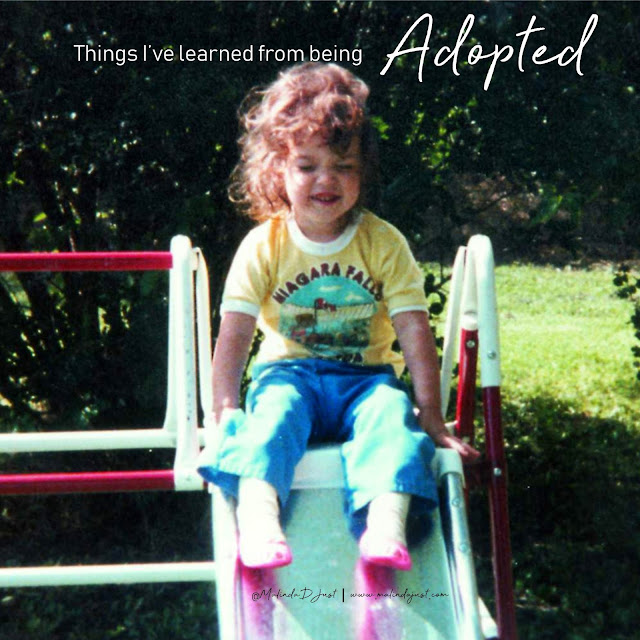Miscarriage Awareness | Response to Grief
“Oh Lord, help me not sin in my grief.”
I remember praying those words as waves of pain enveloped my body. For the second time in less than six months, I was losing a baby. The first was an ectopic pregnancy in the spring of 2011. I can’t pinpoint an exact date of loss because it took weeks on end for my body to complete the process.
But for the second babe, it was Halloween morning.
I knew in the afternoon I would need to put on a smile, dress up my daughters as an adorable monkey and bumblebee, and take them door-to-door for candy. I knew I would also need a mask to hide my pain from the community at-large, also taking costumed children by the hand and escorting them through the crowded business district.
 |
| Me, mere hours after the onset of my second miscarriage. |
For the morning, though, I let the grief wash over me. Grief is not wrong. It doesn’t look the same for everyone. But for me, I knew I had to choose between healthy grief and unhealthy grief. In the past, I had chosen unhealthy grief and bitterness had rooted and grown, clogging productivity and joy.
Looking back, I’m thankful I had the cognitive awareness to pray the prayer I did. While I grieved loss of precious life and shattered desire, I was able to persevere which transformed to character and hope.
From what I know of the grief-process, it looks different for everyone. It is not one-size-fits-all. In different circumstances, grief for the individual will manifest in different ways. Lately, in completely unrelated circumstances, I have added to my prayer, “Help me not sin in my grief, nor in my anger.”
Different circumstances call for different processes.
But since October is miscarriage and infant loss awareness month, I want to hone in on helping families grieve and mourn a life that often wasn’t known, but was wanted.
After my ectopic pregnancy article ran in the Free Press in May of 2011, people asked me how they should respond and what they should say to women who have lost a baby to miscarriage. In effort to make sure my advice was helpful, I asked other women who had lost a baby to miscarriage or infant loss to help with specifics. This question turned into a blog post titled “Response to Grief” which I ironically posted a mere six days before I would lose baby number two.
Today I want to share those responses here.
DO...
- Say "I'm sorry for your loss." One woman said: "I know that sounds kind of cliche, but it really was more comforting to me than people not saying anything at all. I appreciated some sort of recognition that what I was going through was tough."
- Be patient. As one woman said: "The grief process isn't over after a month, or three, or nine...everyone is different. But it's not over like a flip of a switch."
- Offer to help--meals, watching older kids, housework. One woman said: "Do not say, ‘Call me if you need anything.’ She won't call. Say instead, ‘Can I call in a few days to see if there is anything I can help with?’ and then offer specifics when you do call. A grieving mom can't organize the help she needs...she is too overwhelmed."
- Ask about the baby's name or nickname, depending on how early or late the loss was.
- Ask how the dad is doing.
- Let the family be sad--as long as it takes.
DON'T...
- Discuss faith explanations for why a loss happens unless your friend brings it up. One woman said:"While faith explanations for why things happen may be helpful for you, this is not a time to discuss why the family doesn't get to have a baby in their arms. This includes: God needing more angels, everything happening for a reason, God's will, etc."
- Act like it never happened. This is forever a part of their lives.
- Tell them to take comfort in other children. One woman said: "I did not find it comforting when people said: ‘At least you already have two boys, or you can always try for another.’ While both those statements are true, they were not helpful. Yes, I have two boys that I am thankful for but my desire was to add another member to our family."
- Tell them they can adopt. One woman said: "It's not about finding a replacement. This child was special and wanted. The hopes and dreams for this child as a part of their family is gone now."
Whatever your methods, let’s help families experiencing the grief of miscarriage and infant loss grieve well.
This post was originally published for my column, Lipstick & Pearls, in the Oct. 18, 2017 edition of the Hillsboro Free Press.
For more thoughts on my miscarriages, CLICK HERE



Comments
Post a Comment